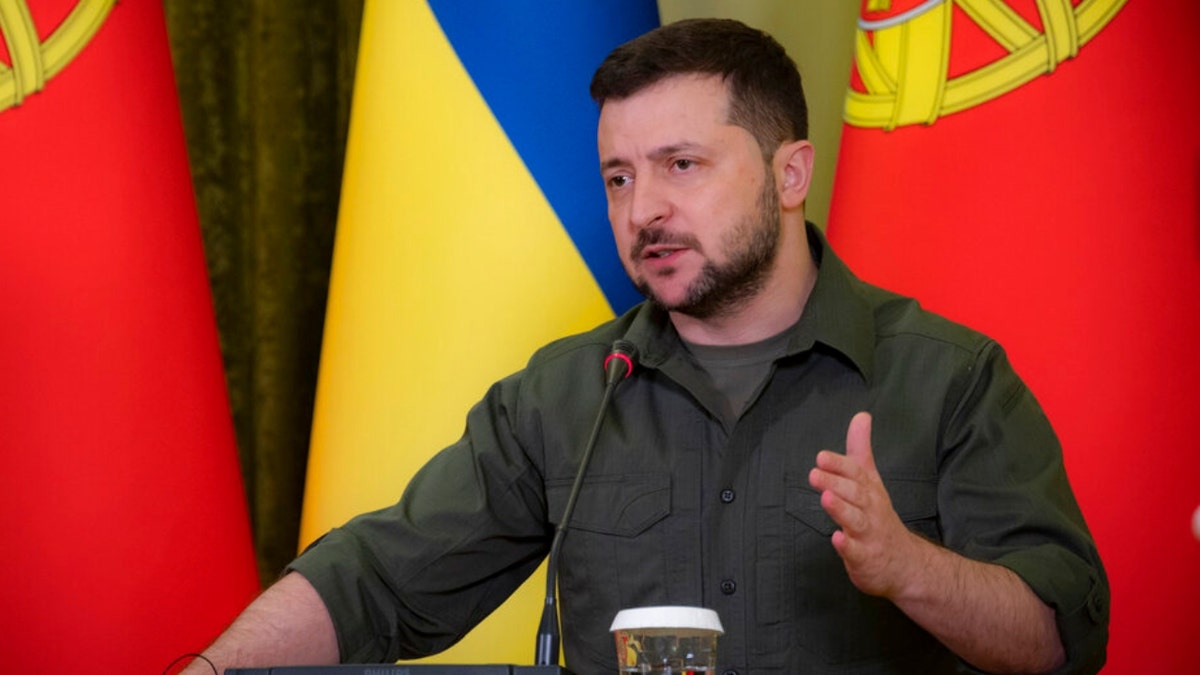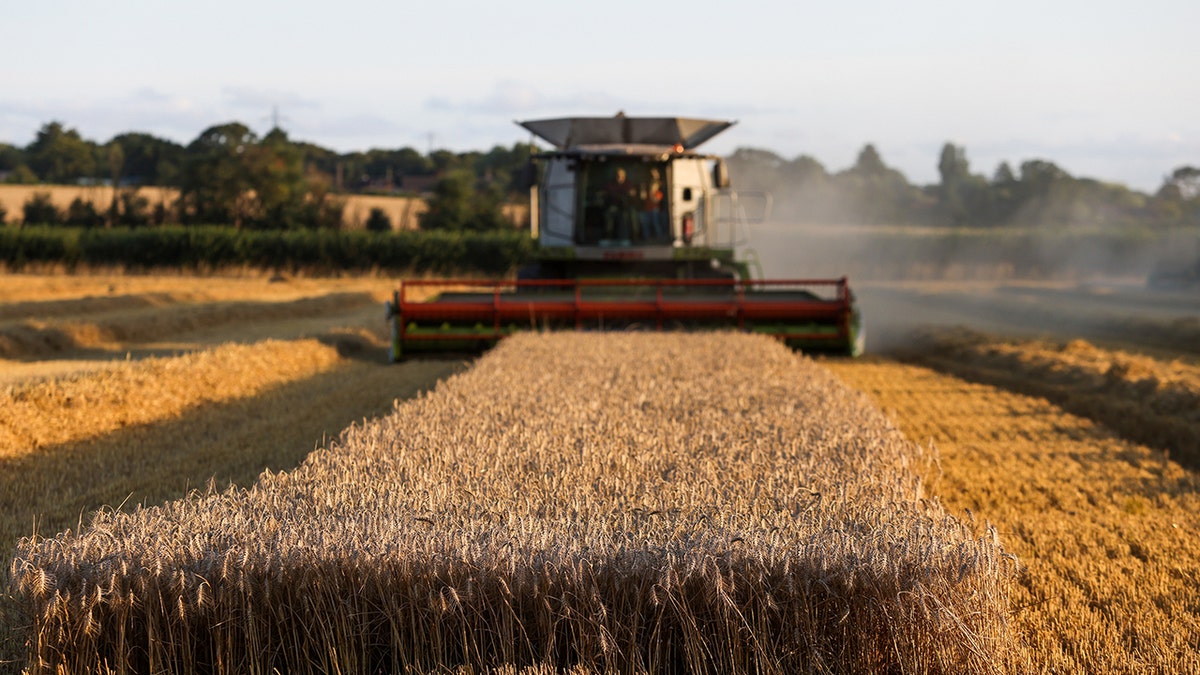Bret Baier explores the Ukraine war's role in a global grain shortage
'Special Report' anchor Bret Baier features a 'Special Report Spotlight' on how Russian's invasion is putting pressure on the global food supply.
The Russian invasion of Ukraine not only set that nation into turmoil but has had reverberating effects around the world, including other nations dependent on Kyiv's cereal and fertilizer exports.
Sometimes referred to as the ‘breadbasket of Europe’, Ukraine's rich agriculture sector ground to a halt earlier this year, as the country was wracked with Russian military strikes and blockades at its ports.
On "Special Report," anchor Bret Baier described in-depth how the entire world has been negatively effected, and what global leaders are doing to solve the crisis.
While Americans have faced some shortages tied to the Ukraine war, on the other side of the world, it is much more grim, Baier said.
TRUMP'S ALASKA RALLY SIGNALS CHILLY ELECTORAL PROSPECTS FOR DEMOCRATS: NUNES

Zelenskyy ((Ukrainian Presidential Press Office via AP)
"The war in Ukraine has exacerbated supply chain issues around the world. But as Russian ships continue to block exports and as Ukrainian farmers prepare for the 2022 harvest season, the next phase of the global food crisis could get much worse," he said.
Ukrainian President Volodymyr Zelenskyy recently referenced the crisis as well, claiming the "world depends on the exports of our food."
Ukraine is a top corn and wheat producer, Baier said, separate from its large-scale exports of urea – which is key to western fertilizer products.
The country accounts for 10% of wheat and 14% of corn exports worldwide, much of that going to the developing world where countries are more devoid of the resources needed for such agriculture.
POMPEO BLASTS PENTAGON AFTER 40,000 UNVACCINATED GUARDSMEN BARRED

A Lexion combine harvester cuts through a field of wheat during a harvest in Benfleet, U.K., on Tuesday, Aug. 24, 2021. (Chris Ratcliffe/Bloomberg via Getty)
Ukraine's top five wheat buyers are all considered developing economies by the United Nations, he reported, citing Egypt, Indonesia, Pakistan, Bangladesh and Lebanon.
Roger Cryan of the American Farm Bureau Federation told Baier the dearth in exports creates instability on the global market, which in the U.S. results in higher prices.
European Council President Charles Michel of Belgium said in one clip that breaking the blockade in the Black Sea is a top priority, while others noted the uncertainty as to how many exports have gotten out of Ukraine since February when the invasion started.
Baier pointed to President Biden's repeated pronouncements the food crisis in the U.S. is the fault of Russia, with the president also appearing to cite the Black Sea blockade.
"[W]e've never seen anything like Putin's tax on both food and gas," Biden said.
Already struggling with sky-high diesel prices, American farmers are being hit once again with skyrocketing fertilizer prices in part because of Ukraine's urea exports.
Fertilizer prices were reportedly up 80% last year and 30% further thus far this year, making it the least affordable fertilizer year since 2008, Baier reported.
He added that in meetings between Biden and the other G7 leaders in Germany earlier this year, plans were formulated to send $4.5 billion to nations most affected by the food shortages.
